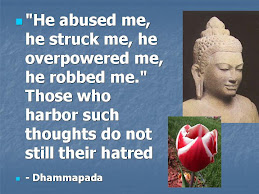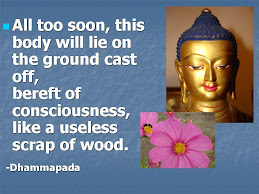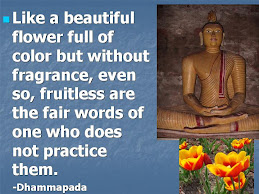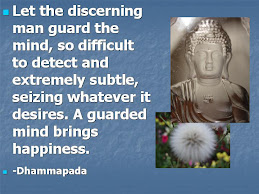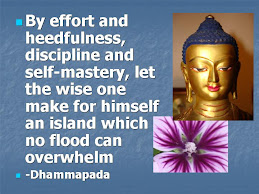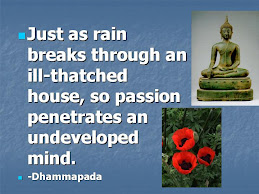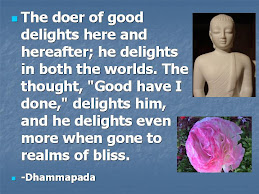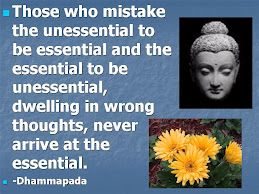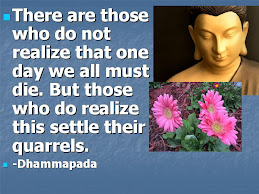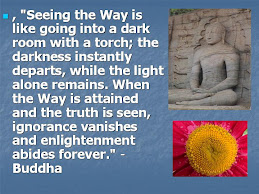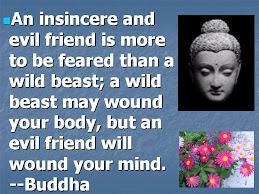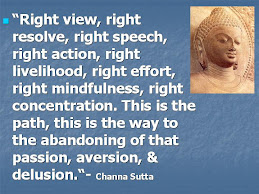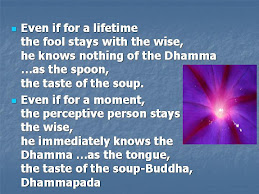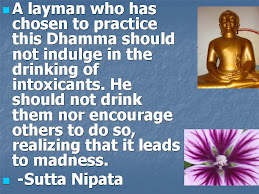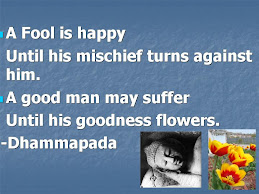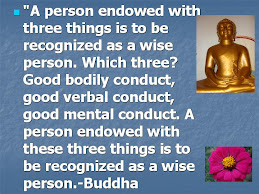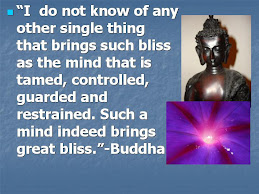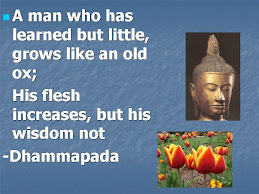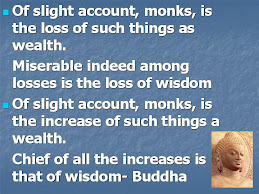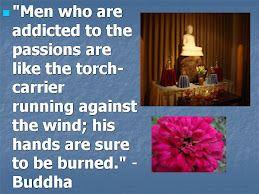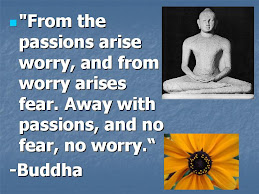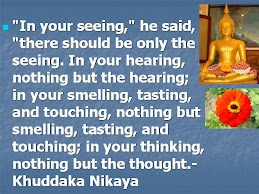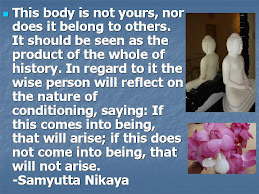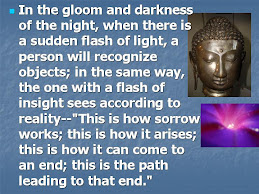
There are three things a farmer should do in a hurry (urgently)
1. get the field well-plowed & well-harrowed.
2. plants the seeds
3. lets in the water & then lets it out.
Then you wait... results will come. You cannot rush it. You will reap the crops in time.
In the same way cultivate sila (morality), samdhi (concentration through meditation), panna (wisdom)... following this path (the noble eightfold path) ...apply the right technique...results will be there in time.
Just read the following sutta:
"There are these three urgent duties of a farming householder. Which three?"There is the case where a farming householder quickly gets his field well-plowed & well-harrowed. Having quickly gotten his field well-plowed & well-harrowed, he quickly plants the seed. Having quickly planted the seed, he quickly lets in the water & then lets it out."These are the three urgent duties of a farming householder. Now, that farming householder does not have the power or might [to say:] 'May my crops spring up today, may the grains appear tomorrow, and may they ripen the next day.' But when the time has come, the farming householder's crops spring up, the grains appear, and they ripen."In the same way, there are these three urgent duties of a monk. Which three? The undertaking of heightened virtue, the undertaking of heightened mind, the undertaking of heightened discernment. These are the three urgent duties of a monk. Now, that monk does not have the power or might [to say:] 'May my mind be released from fermentations through lack of clinging/sustenance today or tomorrow or the next day.' But when the time has come, his mind is released from fermentations through lack of clinging/sustenance."Thus, monks, you should train yourselves: 'Strong will be our desire for the undertaking of heightened virtue. Strong will be our desire for the undertaking of heightened mind. Strong will be our desire for the undertaking of heightened discernment.' That's how you should train yourselves."
-AN 3.91Accayika Sutta (Urgent)























